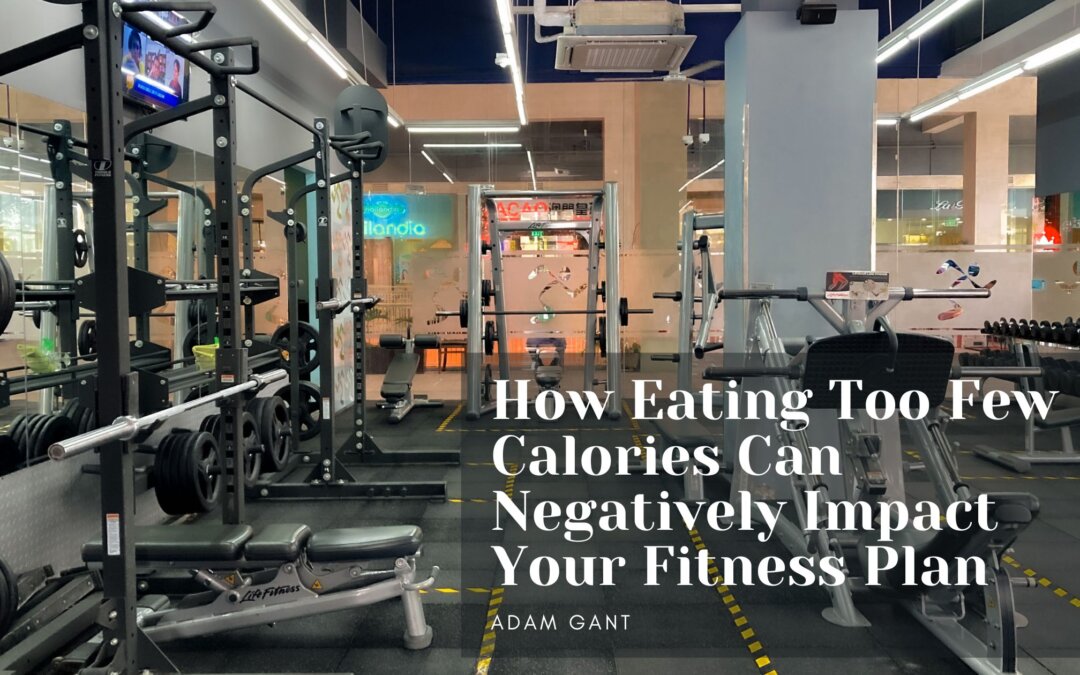Many people make the mistake of drastically reducing their calorie intake to pursue a leaner, healthier body. While it’s true that a calorie deficit is necessary for weight loss, too few calories can hurt your fitness plan.
First and foremost, it’s essential to understand that when you consume too few calories, your body goes into starvation mode. This means that your metabolism slows down to conserve energy. As a result, you may experience a decrease in strength, endurance, and overall performance. This can be particularly problematic for athletes and fitness enthusiasts who rely on their physical abilities to achieve their goals.
Another potential consequence of consuming too few calories is muscle loss. When you’re not getting enough fuel, your body may break down muscle tissue to use as energy. This can be especially detrimental to those trying to build or maintain their current muscle mass. Without enough calories to support your workouts, your body will struggle to recover and repair from the stress of exercise, leading to decreased muscle growth and increased risk of injury.
In addition to impacting physical performance and muscle mass, consuming too few calories can also hurt mental health. Restricting calories can lead to feelings of deprivation and hunger, which can, in turn, lead to binge eating and other disordered eating behaviors. This is especially problematic for athletes and fitness professionals, who may be more susceptible to these behaviors due to the pressure to maintain a specific body type or fitness level.
To avoid the negative impact of consuming too few calories, finding the right balance between calorie deficit and adequate fuel for your body is essential. The key is to create a sustainable calorie deficit that allows you to lose weight without compromising your physical or mental health. This can be achieved by gradually reducing your calorie intake and focusing on nutrient-dense, whole foods that fuel your body to perform at its best.
Another essential factor to consider is the timing of your meals. Small, frequent meals can help revive the metabolism and prevent feelings of hunger and deprivation. This can also ensure that your body has a steady supply of fuel, which is especially beneficial for those who engage in high-intensity workouts.
In addition to adjusting your diet, it’s also important to prioritize rest and recovery. Getting enough sleep, taking rest days, and practicing stress-reducing techniques like yoga or meditation can all help support your physical and mental health, improving your overall fitness and performance.
While a calorie deficit is necessary for weight reduction, consuming too few calories can hurt your fitness plan. By finding the right balance between calorie deficit and adequate fuel, prioritizing nutrient-dense, whole foods, and prioritizing rest and recovery, you can achieve your fitness goals healthily and sustainably. As fitness professionals, it’s essential to educate clients on the importance of proper nutrition and the potential consequences of consuming too few calories.

